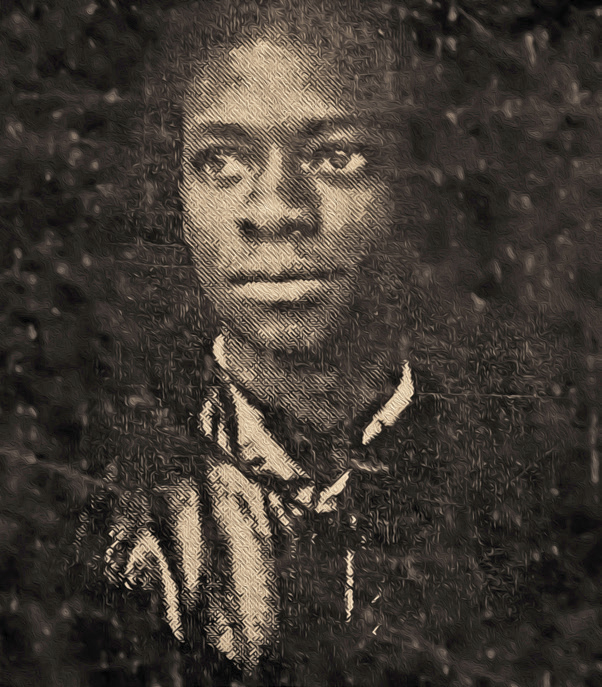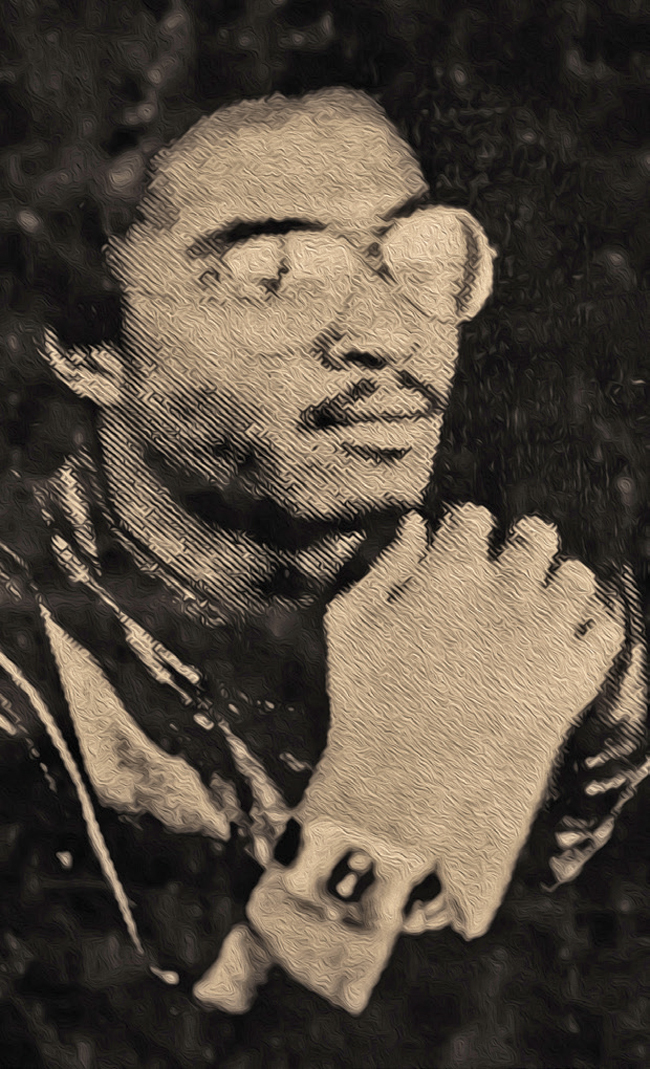Bwana Jogoo: Evoking bittersweet nostalgia
This time in our history is brought into vivid relief with Bwana Jogoo, a new docudrama now screening at the National Theatre and which is a must-see for not only those who were alive at the time, but more importantly for our millennials
By J. Oloka-Onyango
It was the age of floral 12-inch wide bell-bottom trousers and "Afro" hairdos. It was the time of the famous Suzanna night-club, risqué mini-skirts and thriving six-piece bands.
It was also an era of unaccounted for disappearances, Namanve as a forest of decomposing bodies and a Kampala caught up in the grip of our first military regime. In short, it was the epoch of Field Marshal Idi Amin Dada— Uganda's third president, founder of the "2nd Republic" and engineer of an Age of Terror from which we are yet to fully recover.
This time in our history is brought into vivid relief with Bwana Jogoo, a new docudrama now screening at the National Theatre and which is a must-see for not only those who were alive at the time (the so-called "Baby Boomers" and "Generation X"), but more importantly for our millennials, who are half a century away from the events, which definitively affected the country in ways we are still trying to navigate and understand.
At the centre of the film is the ménage a trios or three-way love affair between Amin, a dashing and talented bass guitarist called Jesse Gitta Kasirivu and Sarah Kyolaba — destined to become Amin's fourth wife and thus better known as Sarah Amin.
The backdrop of the film is not only the very tragic events, which led to Gitta's disappearance and presumed death, but also the music of the Cranes Band, perhaps the greatest of the musical ensembles that emerged in the late 1960s as Uganda's home-grown challenge to the more popular and established grand orchestras from across the border in Zaire (now the Democratic Republic of the Congo, or ‘DRC').

Moses Matovu
Not only did the band produce such classics as Ekadde and Sifaayo, but it was populated by musical legends, like Charles (Tondeka waka) Sekyanzi, Tony Senkebejje (Mzee wakazi) and the great Moses Matovu of Uganda's most resilient "rumba" band, Afrigo. Gitta himself was responsible for Byetulaba, an ode to en vogue fashion and what today would be described as the art of "slaying".
Aside from its evocation of the nostalgic sounds and trends of the early 1970s, the movie successfully brings out the precarious nature of social and political life at a time when loving the wrong woman or man could easily earn one a death sentence.
Through the reminisces of several original members of the Cranes, we not only get a sense of the star-status, which they enjoyed and exploited but also of the ever-present danger and menace of the operatives of the State Research Bureau (Amin's notorious intelligence-gathering agency).
While the movie attempts to steer clear of the usual Western caricatures of Amin, it is not entirely successful in avoiding them. Also, its gender biases are quite apparent insofar as we hear a lot about Gitta and Amin, but very little about Sarah, except for the portrayal of a woman who was "playing" two men — one of them endowed with only the power of music and love, while the other is not only the demonic president of the country but also a narcissistic and covetous megalomaniac.

Jessy Kasirivu
Even if the film successfully avoids overdemonising Amin, Sarah is depicted as a two-timing and ultimately devious coquette. Indeed, not only is there no direct word from Sarah (who died only four short years ago), but nothing from her family or her children.
Perhaps that should be the story of the next film, which helps better understand this ultimately complex period of our history.